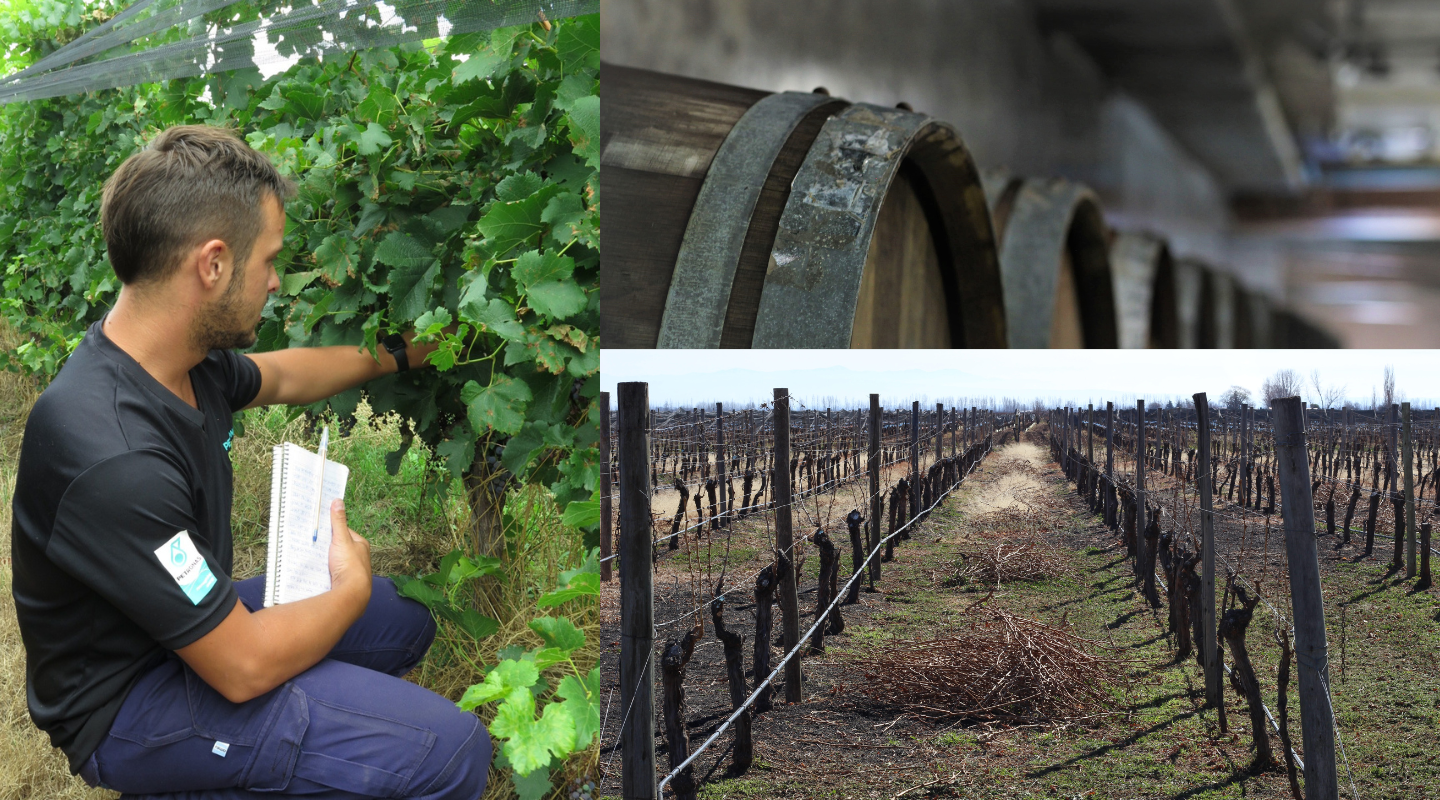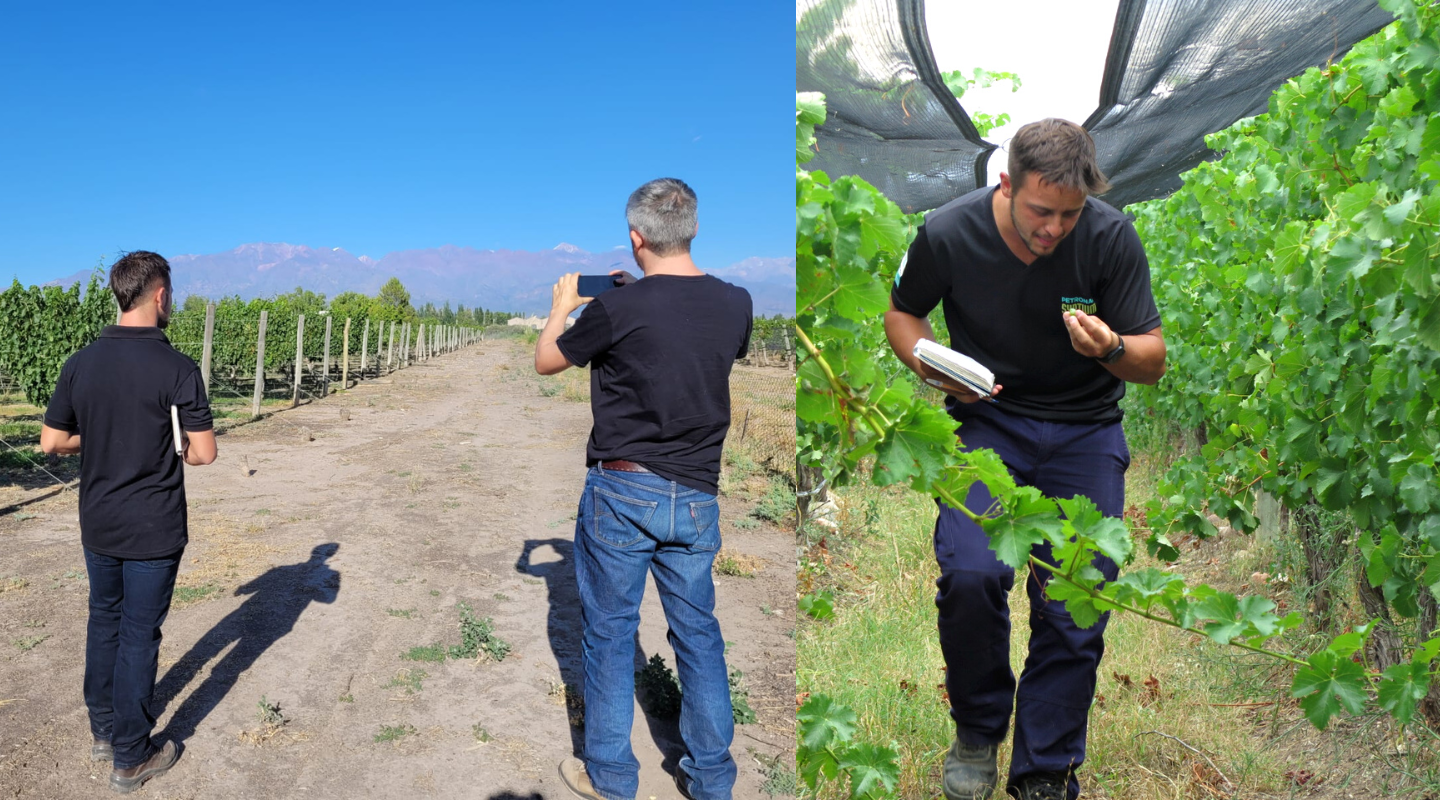In a context in which more wineries are beginning to seek to generate the least possible impact in their production chain and in which an increasing number of people are becoming interested in those brands whose approach is environmentally friendly, we wanted to take a step further in the direction of SUSTAINABILITY, a principle on which we have been based since our beginnings.
In the global wine scene, each wine producing country has its own protocol and institution - internationally recognised - that evaluates parameters and establishes a series of procedures and technical data recording that leads to certified wineries. Thanks to this process, they are able to manage their resources in a more optimal and environmentally friendly way. In the case of Argentina, the bottles can display the "Certified Sustainability" badge, a distinction granted by Bodegas de Argentina.
In this path of commitment to a more eco-friendly approach, a principle which we have been following since our early days through our sustainable practices in our vineyards and winemaking, we decided to go further and adapt to the wine sustainability self-assessment protocol granted by this entity, after the audit carried out by LETIS, a company dedicated to supervise and certify national and international standards of quality and sustainability in products and processes.

ASSESSMENT OF THE PROCESS
Despite the fact that this certification only ratifies our convictions and practices that we have been carrying out since the beginning, we are aware that more and more markets are considering the sustainability seal or certificate as a requirement for exporting.
In this sense, Luis Romito, coordinator of the Sustainability Commission of this body, points out: "For some years now we have been observing this growing trend in wine-producing countries and an incipient but rising demand on the part of consumers to consume products with some kind of sustainability certification".
Regarding the benefits of implementing this process our agronomist, Facundo Bernasconi, points out: "In our case, although we had practices that contemplated most of the requirements specified in this protocol, the biggest contribution and change was in the reorganisation of resources, in data recording, and in generating better measurement systems for water resources and energy".


We share next the most relevant points about our assessment of the process and the achievement of this certification, an analysis carried out by our sustainability specialist, M. Julia Catelén, who was in charge of this process:

THE WINES SUBJECT TO THIS CERTIFICATION are those produced in our winery in La Consulta (Uco Valley), including Altocedro, Qaramy and Los Poetas brands and Alandes wines, except for Alandes Malbec Patagonia and Alandes Malbec Calchaquí, neither Abras, which we produce in Salta.